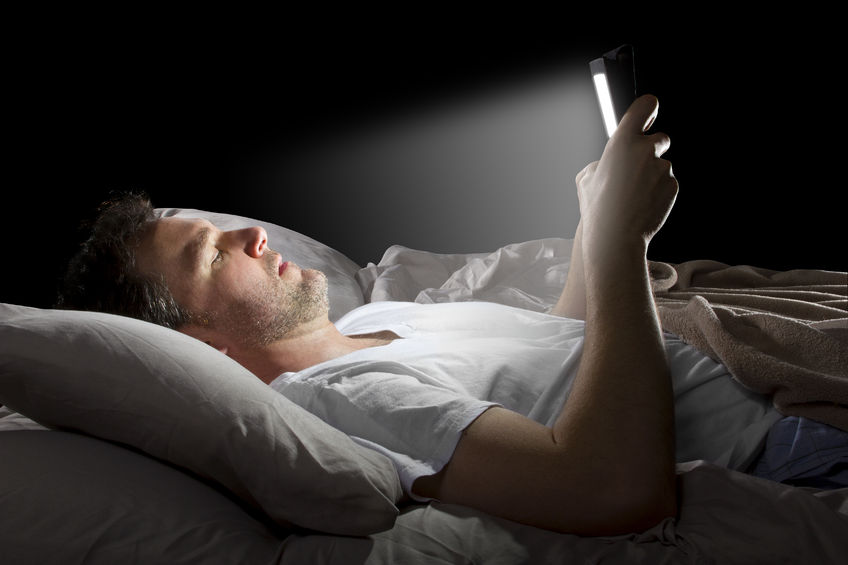Take a moment to consider how much artificial light you are exposed to each day, including your bedside lamp, smartphone and street lights.
In today’s society, we can constantly be on the move without needing the sun to guide us. However, many sleep experts and researchers have been exploring the negative effect that overexposure to artificial light and deficient exposure to natural light has on our circadian rhythm, or natural sleep/wake cycle.
Richard Stevens, a cancer epidemiologist at University of Connecticut has been investigating the impact of lighting on our health and sleep for 30 years, with published research on the topic in a the journal, Philosophical Transactions of the Royal Society B.
Stevens says that more evidence is being discovered to support the theory that the long-term effects of light on our health could include obesity, breast cancer, depression, diabetes and other forms of cancer.
“It’s become clear that typical lighting is affecting our physiology,” Stevens further explained. “But lighting can be improved. We’re learning that better lighting can reduce these physiological effects. By that we mean dimmer and longer wavelengths in the evening, and avoiding the bright blue of e-readers, tablets and smart phones.”
To protect our quality sleep, Stevens recommends that we all be aware of how much artificial light we use every day, and at what time. Blue light emitted by electronics has been shown to slow the production of melatonin, the hormone responsible for making us feel sleepy at bedtime.
Other studies have linked light to not only poor sleep, but to obesity, fertility issues, and ineffective drug treatments. For refreshing sleep without disruptions, remember to put away all electronics at least an hour before your bedtime and do your best to soak in as much natural sunlight as you can throughout the day.
Stevens also recommends that we choose the old fashioned route when we can, instead of reaching for your e-reader, enjoy a book every now and then to cut back on artificial lighting exposure.


No comments yet.